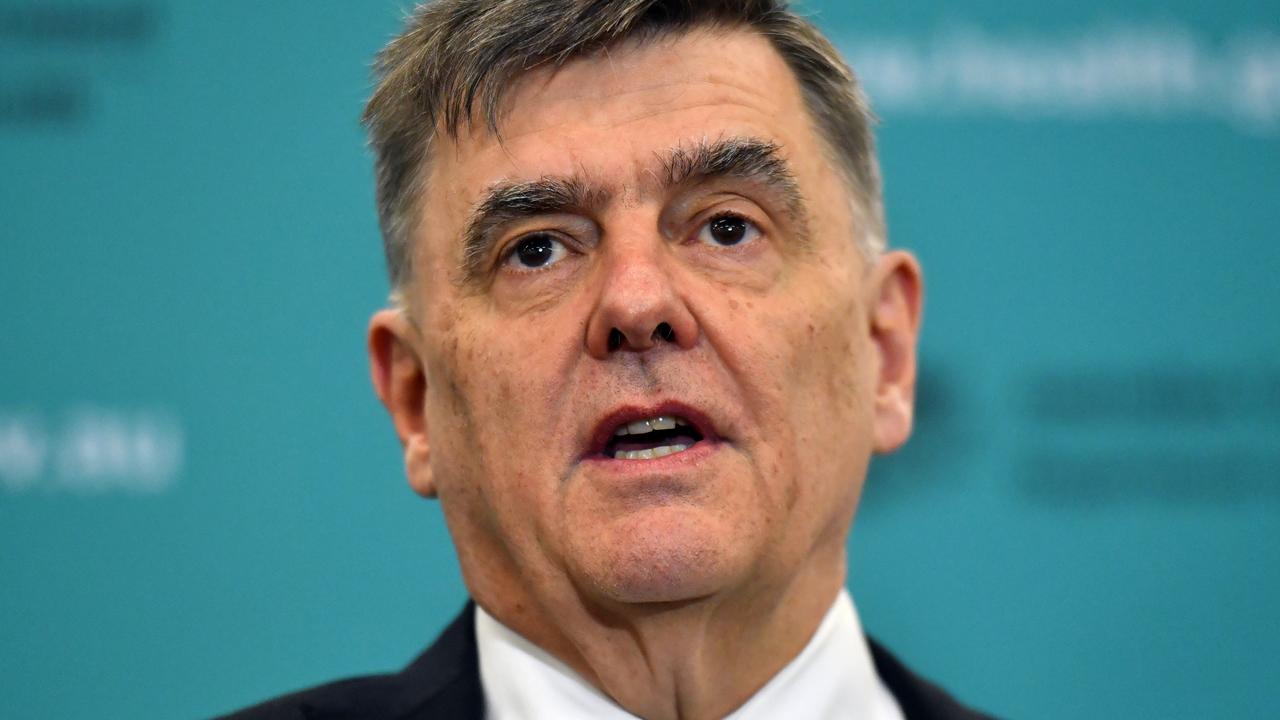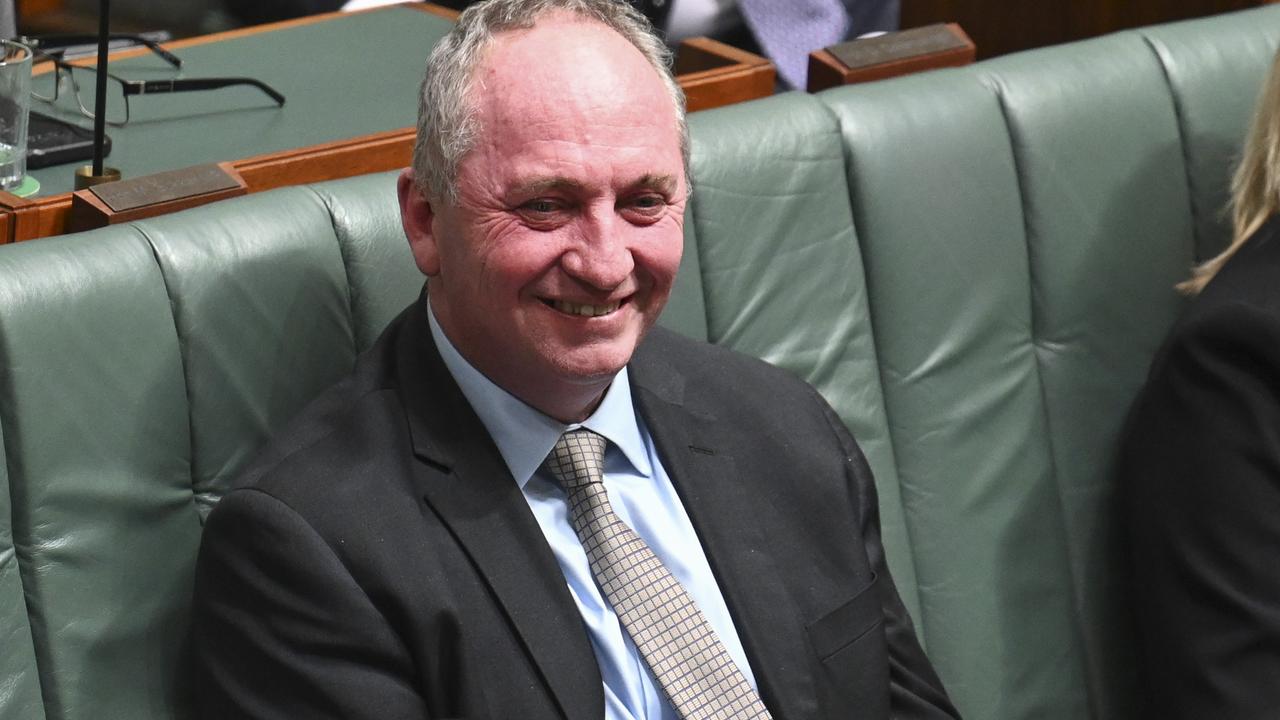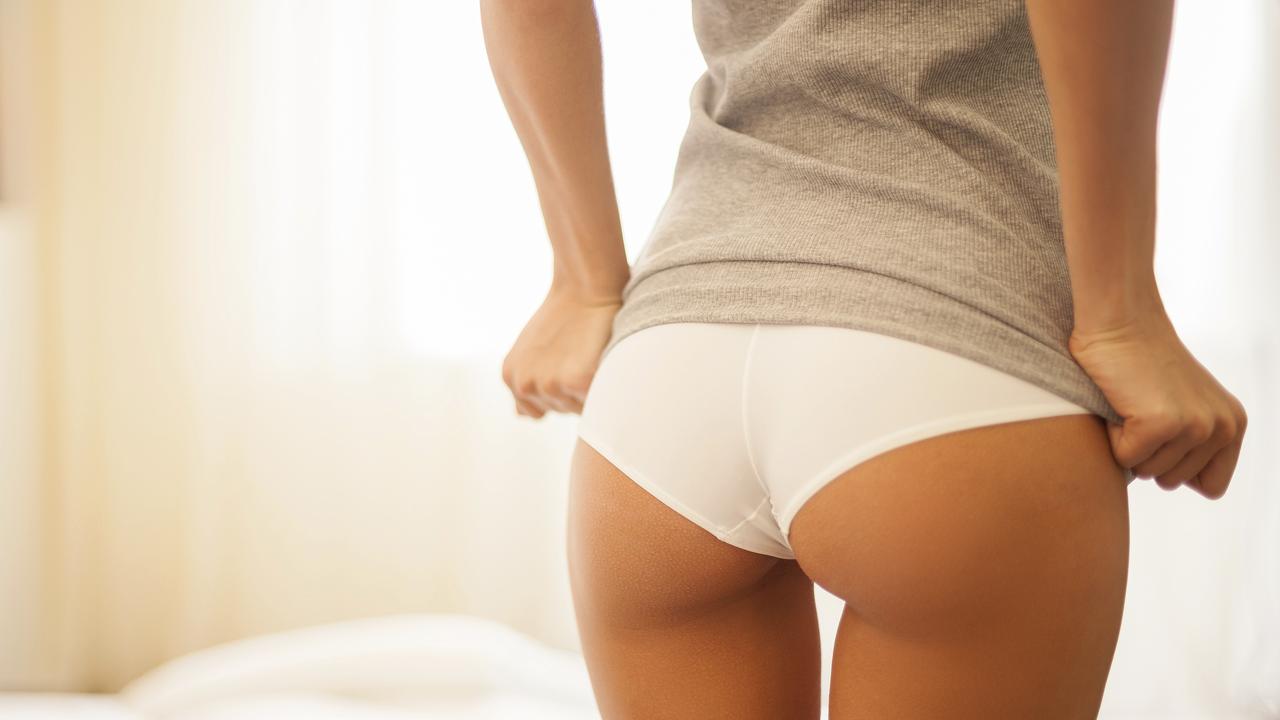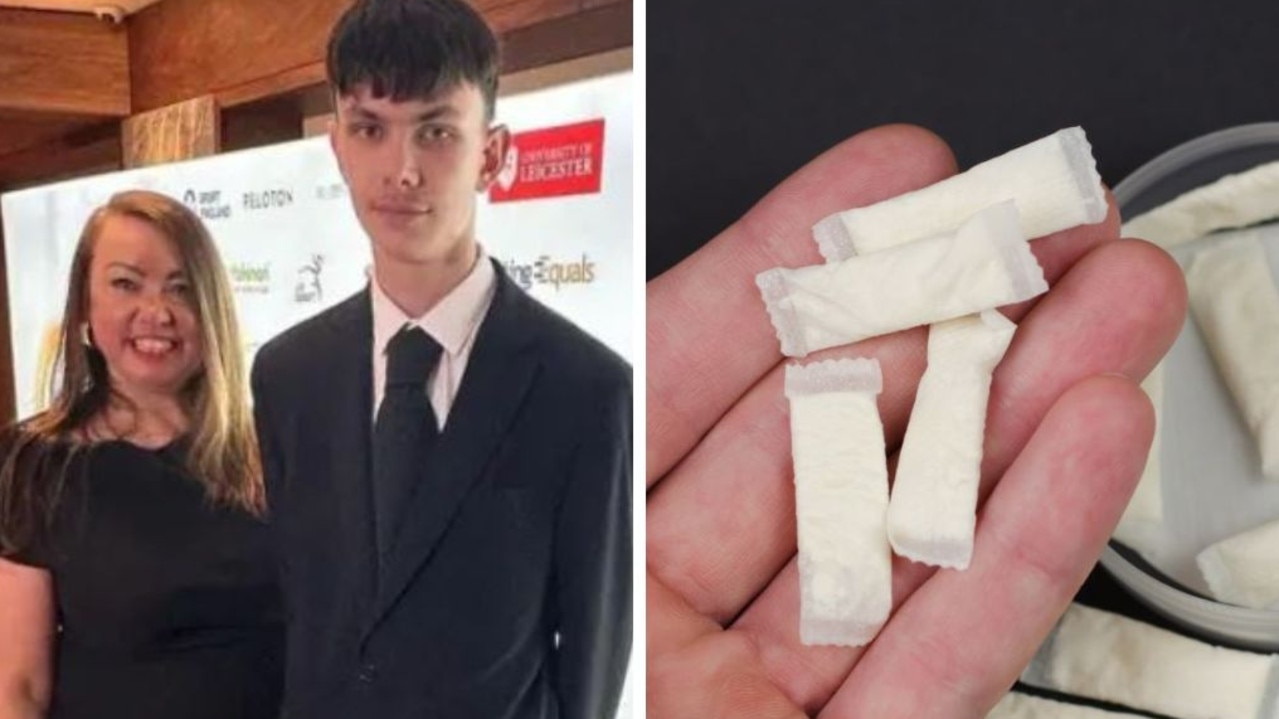Coronavirus threatens permanent changes to Australian lifestyle
The curve might be flattening, but until there’s a vaccine for coronavirus, the changes to Australians’ day-to-day life aren’t going anywhere.

Australians might be doing a fantastic job flattening the curve – with some states even easing back the first of tough restrictions imposed when the national coronavirus outbreak began.
But until there’s a vaccine – which won’t be for some time yet – several of the health and hygiene measures employed to help fight COVID-19 are here to stay.
“Right through the pandemic the approach to tackling the virus has involved testing, social distancing, and personal measures such as good hand hygiene, cough and sneeze hygiene,” deputy chief medical officer Nick Coatsworth told news.com.au.
“These measures will continue, even when current restrictions start to ease.”
Chief medical officer Brendan Murphy told reporters yesterday there was a distinct “need” to change the way people interacted with each other until a vaccine was made available.
“Even if we relieve restrictions in the future, people need to change the way they interact permanently. Permanently,” Prof Murphy said.
RELATED: Follow the latest coronavirus updates
RELATED: When will lockdowns end in my state?

Hygienic, consistent handwashing methods and maintaining a safe distance of 1.5 metres from others will become a way of life from now on, Prof Murphy explained. And while avoiding handshakes won’t outlast the virus once a vaccine is publicly available, it should be for “the foreseeable future”.
“If we are going to relax these distancing measures, the things we have closed, we have to change how we interact as human beings until we are through this virus,” he said.
Prof Murphy used a Sydney wedding linked to 35 coronavirus cases as an example to justify why these changes to day-to-day life needed to be made.
“If you have someone, especially who we believe sheds a lot of virus – what we call a super spreader – that kind of person can affect a lot of people very quickly,” he explained.
“That’s why even though we may have very low numbers of cases, we want everybody to practise social distancing.”
While state and federal leaders will revisit the baseline level of restrictions across Australia in mid-May, Queensland and Western Australia have already walked back some of their harsher lockdown measures as rates of infection slow.
In NSW, Premier Gladys Berejiklian announced measures would also be eased this Friday.
“Clearly if you have no community transmission, as we’ve seen in some states, that might mean that some states might feel the need to relax things a bit more quickly,” Prof Murphy said.
“National Cabinet always has set up what we call the baseline, and beyond that some states went harder when the epidemiology was different, and beyond that some states have relaxed when their epidemiology is different.”
RELATED: ‘Dramatic effect’ of Aussie virus measures
RELATED: Countries that are beating the virus
In WA, Premier Mark McGowan announced over the weekend a “cautious relaxation” of measures, including increasing the two-person limit on non-work activities to 10 and picnics, putting boating, hiking, camping and group exercise back on the table.
And in Queensland, Premier Annastacia Palaszczuk said from midnight this Friday, stay-at-home orders would be eased. It means from Saturday, people can travel 50km from home to visit parks, have a picnic and jet ski and are permitted to shop for non-essential items.
In NSW, Ms Berejiklian said the easing of social-distancing restrictions – allowing up to two adults and young children to visit a different household – wasn’t a “licence to go wild”.
“We know many people have been cooped up for a number of weeks,” the Premier told reporters this morning, adding it had been “difficult”.
“This isn’t a licence to go wild and have massive parties, but it is a licence to be socially responsible and accept that the Government is easing these restrictions to supply better mental health and less social isolation for everybody.”




